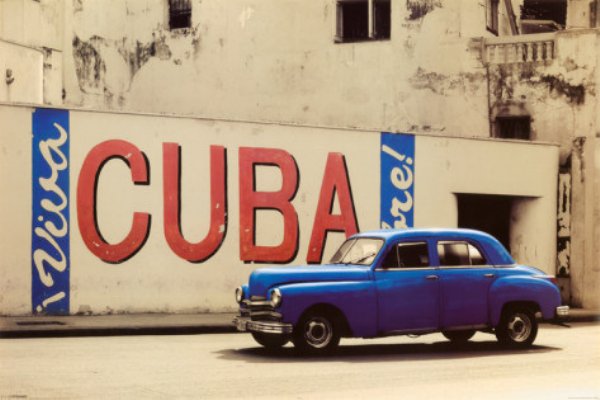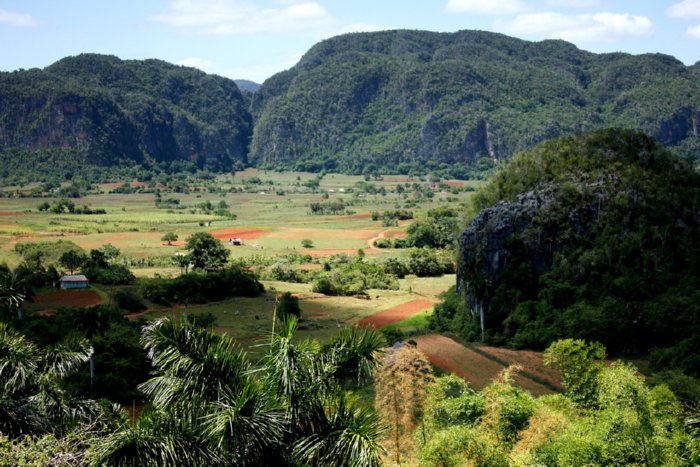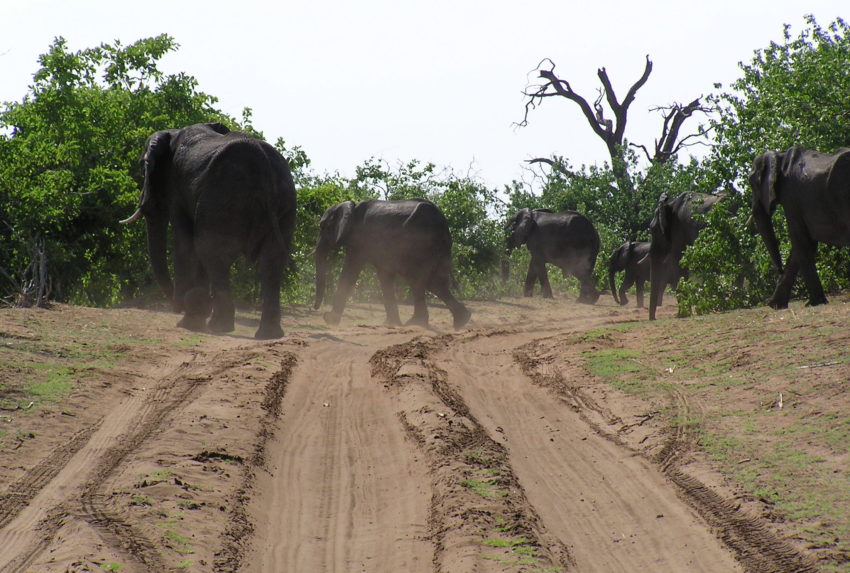Last updated on August 9th, 2024 at 01:21 pm
 Did you add “travel to Cuba” to your World Travel Dreams Bucket List for this year?
Did you add “travel to Cuba” to your World Travel Dreams Bucket List for this year?
One of the biggest travel news was lifting some U.S. sanctions on Cuba, reversing some of the past administration’s regulations limiting travel to Cuba.
Citizens of the United States can travel to Cuba for specific reasons without first obtaining a special license from the government. However, ordinary tourism/vacationing to Cuba from the U.S. is still banned.
The 12 categories are currently authorized by the U.S. government for travel to Cuba. They are:
1. Activities of private foundations or research or educational institutes.
2. Certain authorized export transactions.
3. Educational activities.
4. Exportation, importation, or transmission of information or informational materials.
5. Family visits.
6. Humanitarian projects.
7. Journalistic activity.
8. Official business of the U.S. government, foreign governments, and certain intergovernmental organizations.
9. Professional research and professional meetings.
10. Public performances, clinics, workshops, athletic and other competitions, and exhibitions.
11. Religious activities.
12. Support for the Cuban people (the one most people should check on the form).
Since travel to Cuba can be based upon the decisions of whatever U.S. President is currently in office, Fodor’s Travel has a list of licensed tours to the island of Cuba. Tour guides on these licensed tours provide local expertise, ensure compliance with legal requirements, and enhance safety, making them essential for American travelers seeking a secure and enriching experience. Fodor’s Travel writes,
“For now, the right tour operator is still the best option for travelers seeking all-access, worry-free exploration of Cuba. Tour operators can arrange visits to music schools, artists’ residences, and historic sights that would be very difficult to schedule individually. Their multi-day excursions are jam-packed with cultural activities, led by guides with extensive historical knowledge. Itineraries may include agriculture, art, athletics, cuisine, dance, ecology, education, faith, folklore, health, history, literacy, music, politics, sociology, and theater. Some tours focus on an individual subject; others mix and match topics in a single tour. “
You can view Fodor’s tour guide recommendations here. When traveling to Cuba, it is essential to be aware of certain guidelines and safety precautions to ensure a smooth and enjoyable experience.
Here are 7 things you need to know about traveling to Cuba:
1. Understanding the Legal Framework
The U.S. government still restricts travel to Cuba, so it’s important to ensure your trip complies with one of the 12 authorized travel categories (listed above), such as family visits, educational activities, or support for the Cuban people. General tourism is not permitted, so be sure to clearly understand your trip’s purpose and retain documentation supporting it.
2. Booking Your Trip
When booking flights and accommodations, use U.S. airlines and hotels or book through reputable travel agencies familiar with Cuba’s travel regulations. Note that many U.S. credit and debit cards don’t work in Cuba, so carry enough cash for your entire trip. Additionally, make sure to have a place to stay booked before you arrive, as many Cuban accommodations require reservations.
3. Health and Safety Precautions
Cuba is generally safe for tourists, but it’s wise to take standard precautions. Stick to well-traveled areas, especially at night, and be mindful of your surroundings. Although Cuba has a reliable healthcare system, travel insurance that covers medical expenses is mandatory, and it’s wise to bring any necessary medications with you, as certain prescriptions might be difficult to obtain.
4. Cultural Sensitivity
Cuban culture is unique, and understanding local customs will enhance your experience. Show respect for local traditions, be mindful of your attire, and learn a few basic phrases in Spanish. Engage with the local community in a way that supports the Cuban people, such as staying in privately owned accommodations (known as “casas particulares”) and dining at privately owned restaurants.
5. Internet and Communication
Internet access in Cuba is limited and can be unreliable. Many public areas offer Wi-Fi, but you may need to purchase a Wi-Fi card. Consider having a communication plan in place, especially if you need to stay in touch with family or work during your trip.
6. Transportation and Exploration
When exploring Cuba, use official taxis or arrange transportation through your accommodation to ensure your safety. Renting a car is possible, but driving conditions can be challenging due to poorly marked roads and limited signage. If you prefer not to drive, consider guided tours or hiring a local driver.
7. Supporting the Local Economy
Supporting local businesses is one of the best ways to ensure a positive impact during your visit. Purchasing handicrafts, dining at locally-owned establishments, and participating in cultural activities contribute directly to the Cuban economy and help foster goodwill between visitors and locals.
Natasha von Geldern
Go Travel the World!
Natasha von Geldern is a travel writer, editor, and blogger who is passionate about making the pages of the atlas real by traveling the world. She is a contributor to Travel Wire Asia, Wild Junket Magazine, Yahoo! Total Travel, and Travelbite. You can find her on her travel website and blog, WorldWanderingKiwi.
Note: Articles by Natasha may contain affiliate links and may be compensated if you make a purchase after clicking on an affiliate link.





